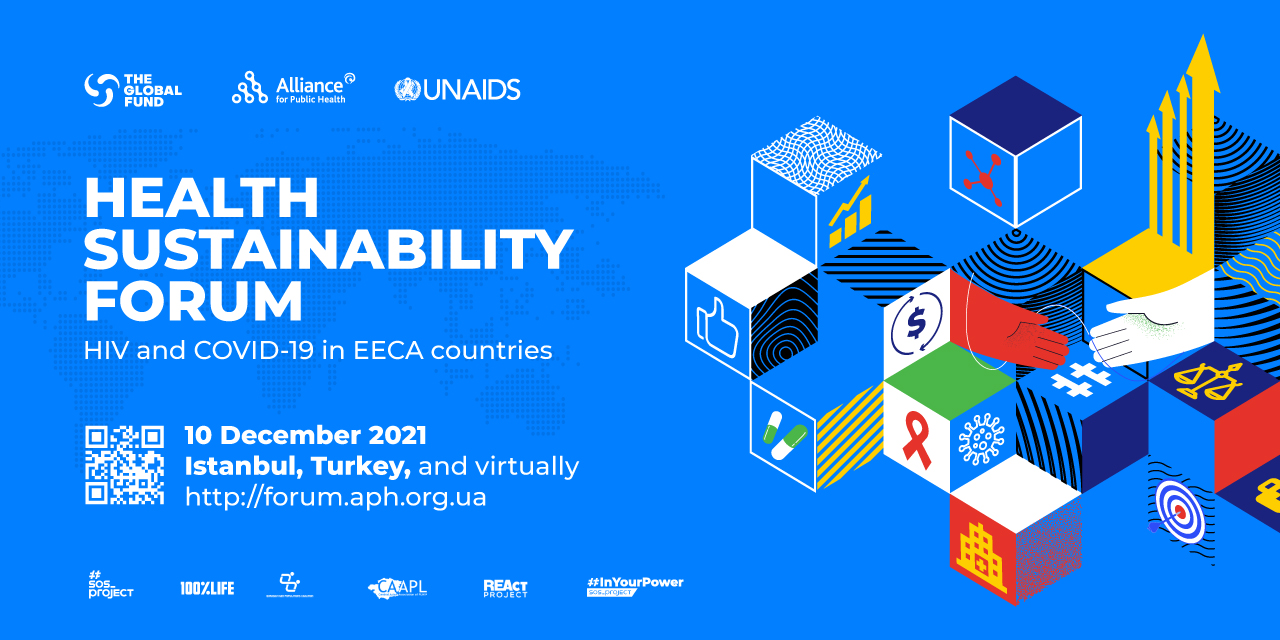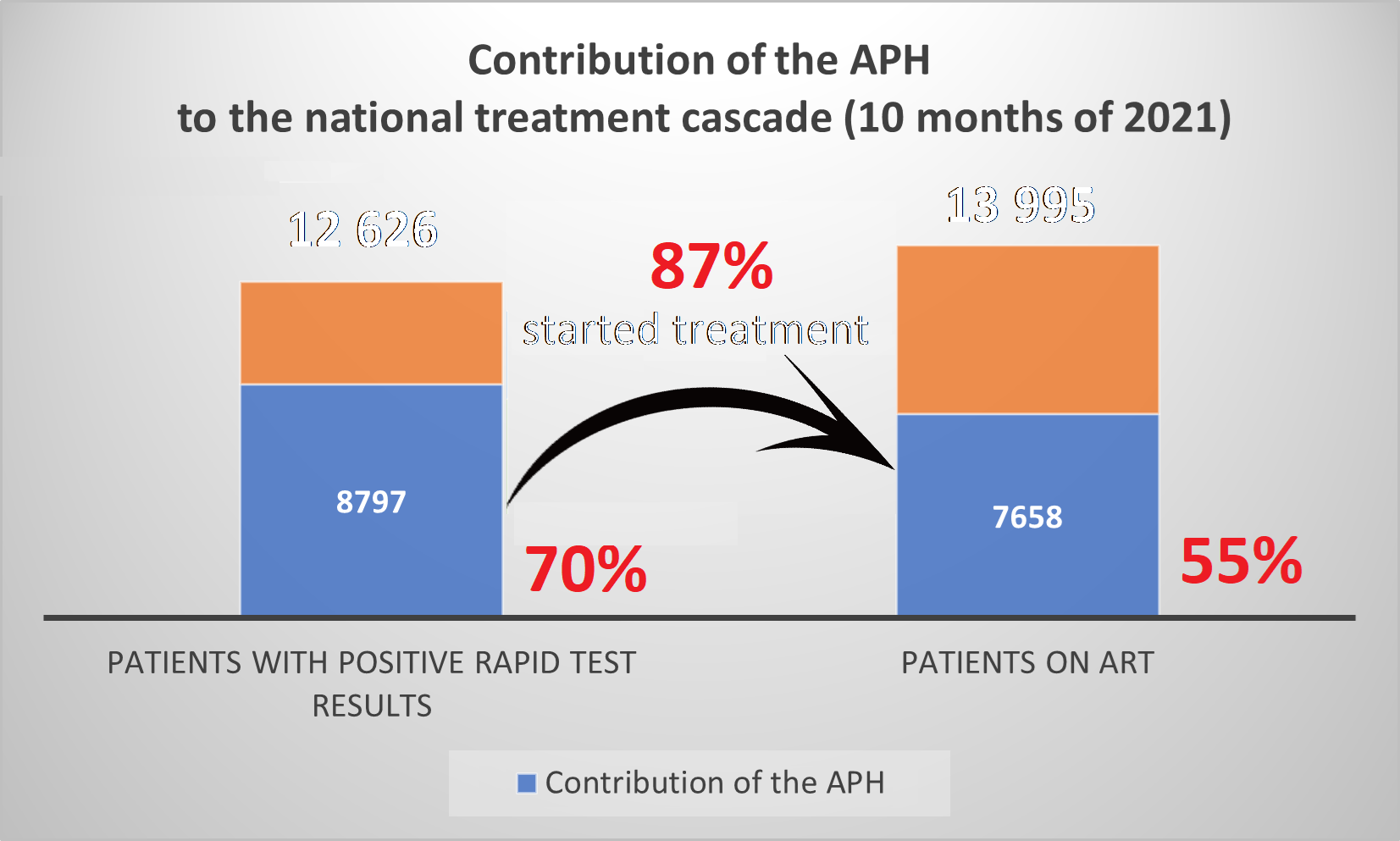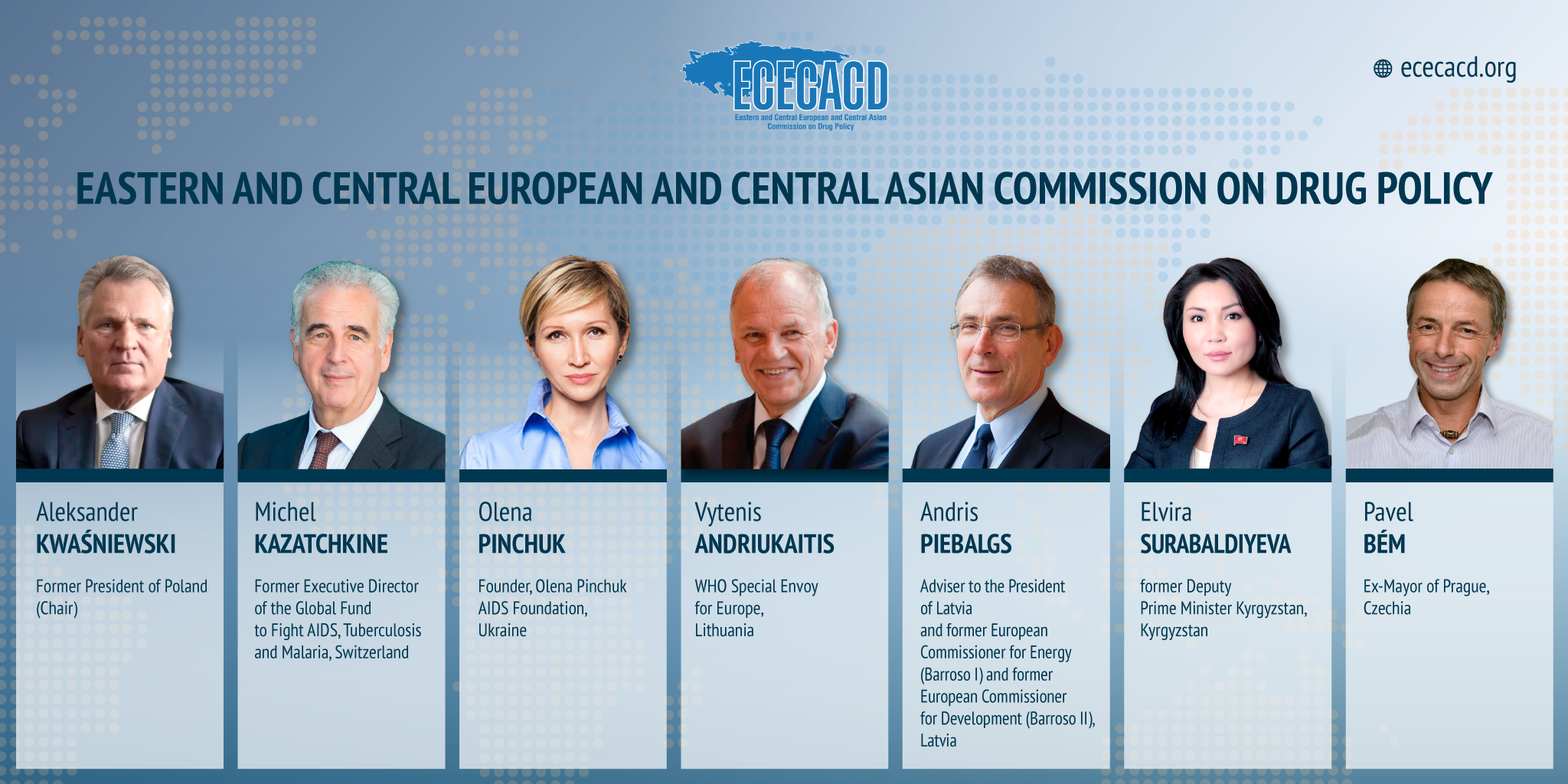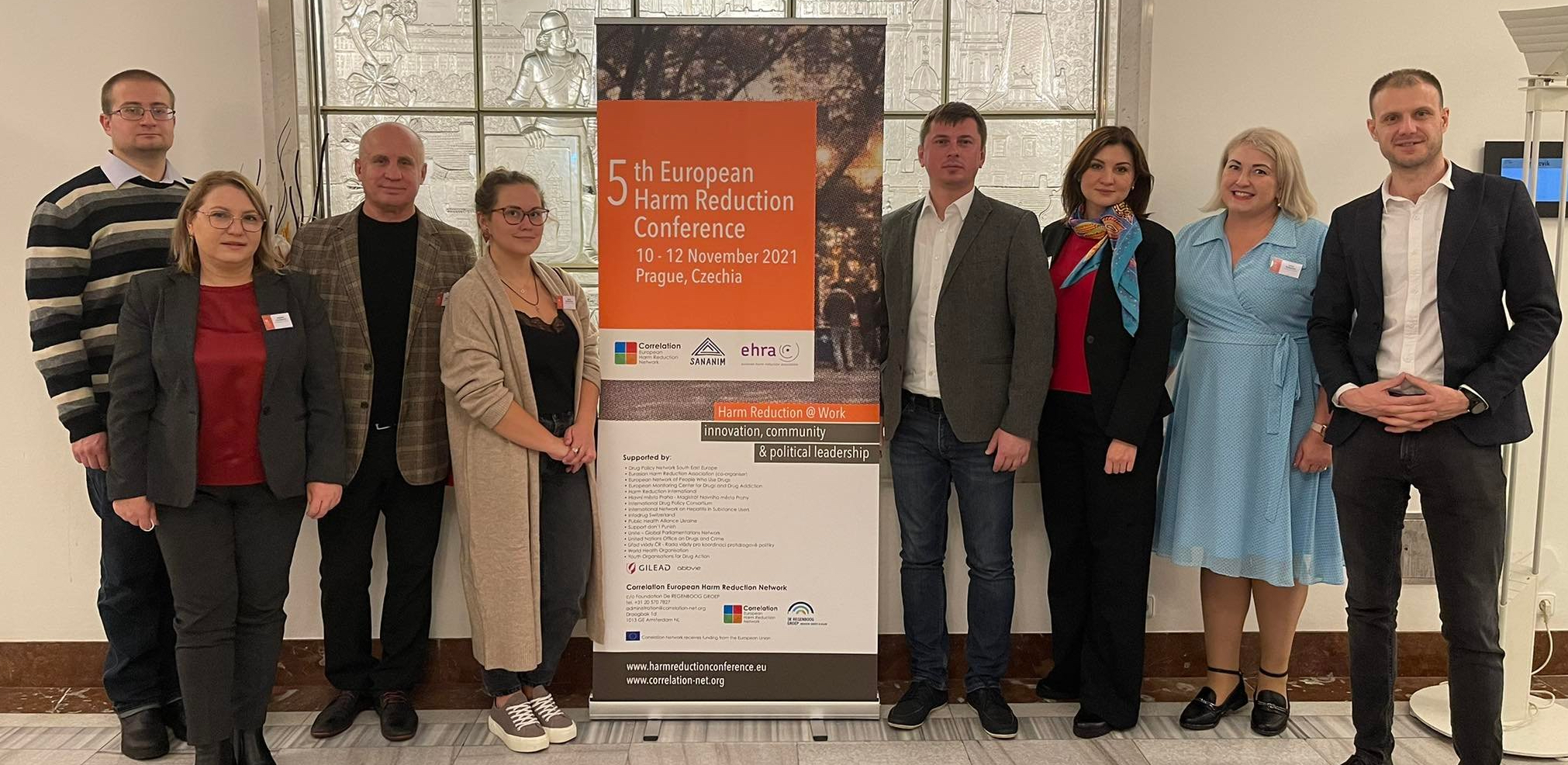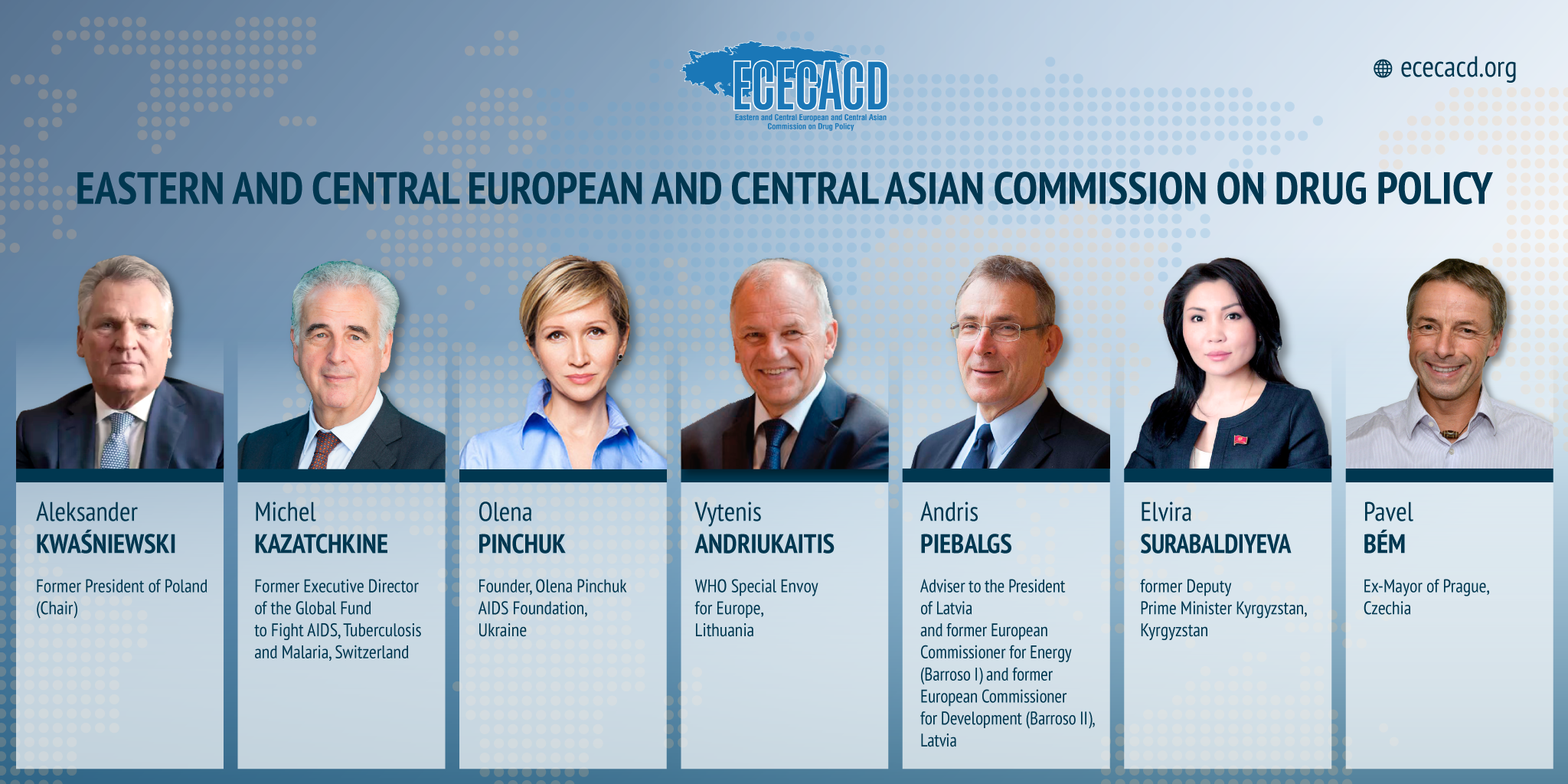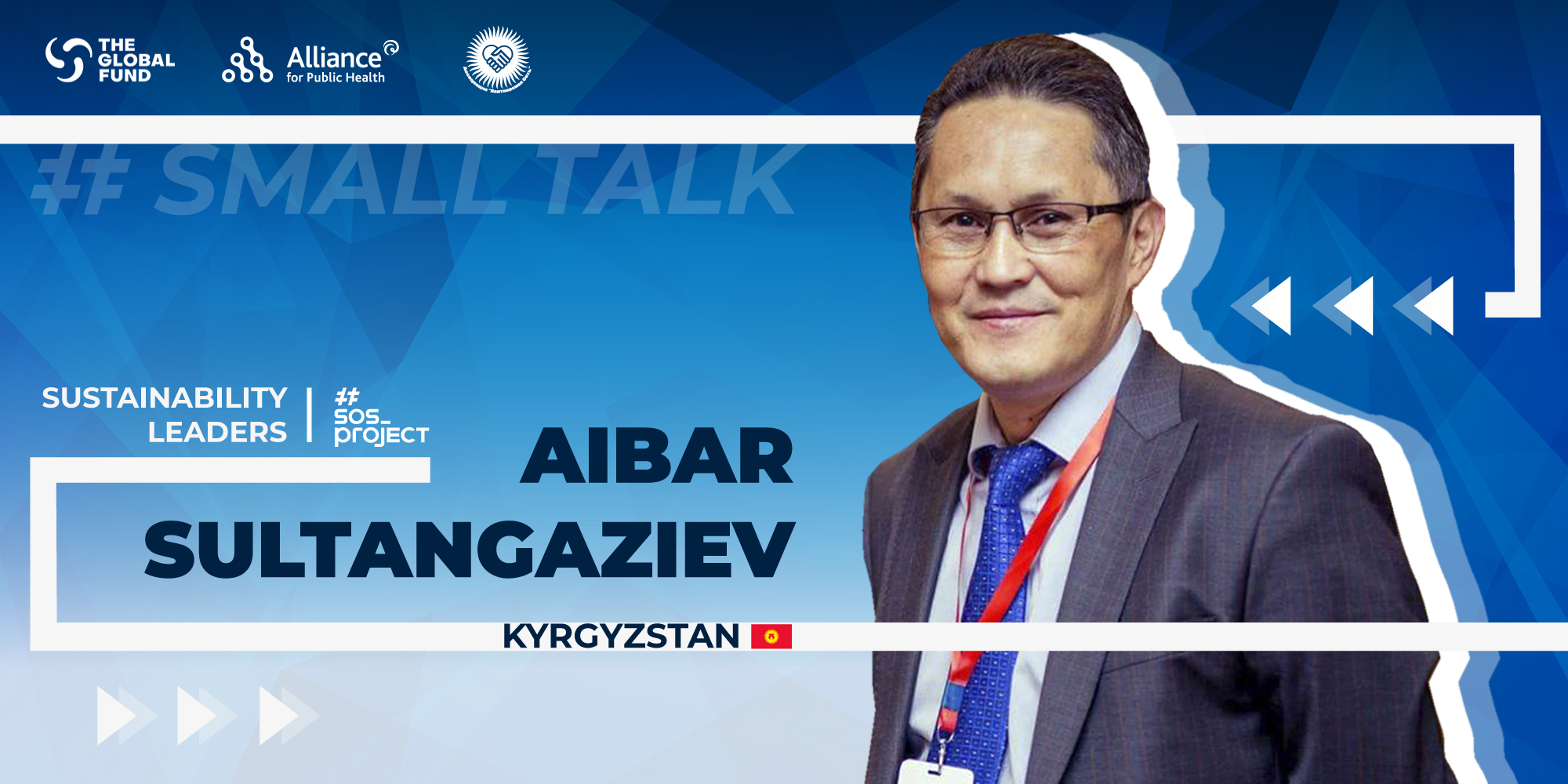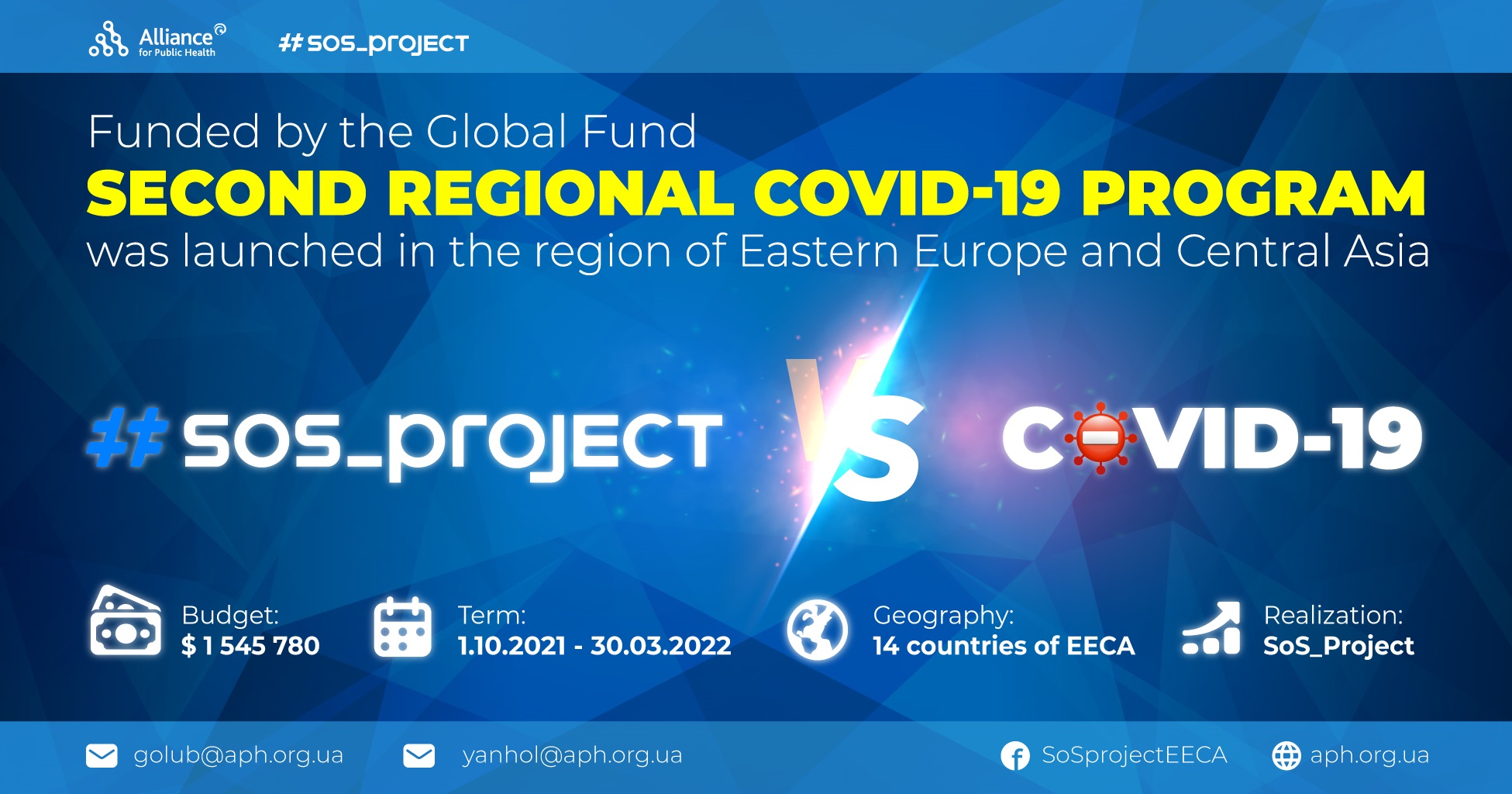The need for building sustainability in the context of the transition to national funding has been widely discussed over the past few years. Countries are reforming their health systems, but with the advent of COVID-19, other threats, such as HIV, have not disappeared, and in a number of countries the situation with detection and initiation of ARV treatment has become even worse.
We decided to find out how the region has progressed over the past 3 years and launch a new #SoS_project Small Talk, in which we want to discuss the key focuses of the ongoing efforts to achieve sustainability of HIV services in Eastern Europe, Central Asia, Southeast Europe with leaders of nongovernmental organizations. With those who are at the forefront of the fight against the HIV epidemic, and now COVID-19. They work closely with government agencies to ensure that 2 million people living with HIV in EECA and SEE countries have access to quality ARV treatment and key social services for HIV in a format that is convenient and safe in the context of the COVID epidemic.
The heroes of our SmallTalk set of interviews are international partners of #SoS_project, the largest regional Global Fund project in the EECA region. They are true Sustainability Leaders, whose daily work is aimed at creating it.
#SoS_project Interviewer is Aibar Sultangaziev, public figure, expert on public health reform, expert on access to HIV/TB treatment, chairman of the Partnership Network Association (Kyrgyzstan). Aibar’s experience in the field – over 15 years.
#SoS_project: Aibar, we can name you as one of the leaders in building the sustainability of national health systems in the EECA region. After all, you are included in all planning and reforming of health care processes in Kyrgyzstan in the context of HIV, tuberculosis and COVID-19. Even more – in many projects you are the Lead. 2019-2021 brought many challenges: a transition period from donor funding to the national one, COVID-19, restarting the human rights system in the country, etc. 2020 has transformed the world into a completely different reality. A lot has changed. And in this context, let’s talk about health sustainability. So, what is it?
AS: Nowadays a lot of people are talking about sustainability. What is it? – It is a state of a certain balance, a sense of confidence, security, predictability, or in simple words, a normal state, which is simply necessary for everyone to live a normal life, and the healthcare system is no exception. This balance is needed in order to fight effectively against the epidemic, create favorable conditions for people, save and extend the lives of citizens, providing both treatment and the necessary social services. Basically, health care balance is a matter of national security in any country. Its components are constantly changing and it is very important to track key parameters and influence them in a timely manner.
#SoS_project: And in the context of fight against epidemics, how is the sustainability of services in the fight against HIV/AIDS created? What specific improvements have occurred over the past 3 years in Kyrgyzstan, due to this fact? Please, give some examples.
AS: Improvement in sustainability is created by influencing on key points. For example, speaking of the major improvements that have come about through collaboration and our partnership on the Global Fund #SoS_project platform, I can highlight the following points.
Firstly, there has been an improvement in access to quality treatment for people living with HIV and optimization of direct costs to the country at the same time. So, according to a number of strategic steps with the support of the project, we managed to reduce the cost of the most common HIV treatment regimen – TLD, which is received by more than 80% of all people living with HIV (PLHIV – SoS_project note). The price has been reduced for the country to $ 5.55 for a month course! It is $ 66.6 per year in United Nations Development Program purchases and up to $ 7.8 for a monthly course ($ 93.6 per year) in public procurement. It saves a significant portion of HIV program funds. There is nowhere below. And the list of names of ARV therapy on the Kyrgyz market has been significantly expanded, which makes it possible to effectively compete and reduce prices.
Secondly, development and construction of national system for HIV social services contracting, which are strategically important for the country and provided by specialized and experienced nongovernmental organizations. Also, for 3 years of work in the SoS_project partnership, national funding for HIV programs has increased 3 times, reaching 63 million soms ($ 745,562) annually. In 2019, the implementation of the state social contracts began and in 2021 the Republican AIDS Center allocated 5 million soms for state social procurement. And I would like to emphasize the important contribution to the achievement of such results of our partners from the Republican AIDS Center, NGO 100% Life, ItpcRu, the Institute for Analytics and Advocacy, the Alliance for Public Health, etc.
#SoS_project: So it means, sustainability in the context of HIV/AIDS is a work at the national level, with ministries and departments?
AS: Not only. The contribution in sustainability building is also very important at the municipal level. And it is logical, because large cities are home to the largest population, so they are both drivers of epidemics and the best partners for solving problems on a global scale. So, I can note that the mayor’s office of one of the largest cities in the country – Osh, has taken a number of important strategic steps over these 3 years: the Paris Declaration was signed, the city program to overcome the HIV and tuberculosis epidemic was approved and is being implemented. In 2021, in the amount of 300 thousand soms ($ 3,550), funds were allocated for the state social contract for the key groups testing component and support for the PLHIV Сenter. And we, along with partners from Center Plus, the Alliance for Public Health, UNAIDS, provided technical and expert support at all stages.
#SoS_project: So sustainability is mainly about financing treatment and support?
AS: Not exactly. The human rights field related to fight against stigma and discrimination of people living with HIV, as well as the criminalization of HIV, is also very important for sustainability. And we have made good progress in this direction, thanks to cooperation with SoS_project and national partners, including UNDP and The Soros Foundation-Kyrgyzstan. During these three years, we managed to introduce the REAct electronic system for documenting offenses, which is included also in the draft of the new National HIV program, as the main tool for monitoring violations of the rights of PLHIV and key groups.
We have built partnerships with the Soros Foundation street lawyers project and registered cases receive a solution in the form of legal and social consultations, legal support. To date, 1147 calls have been registered and 60% of them have already been successfully resolved, and work continues with the rest. By the way, it is very important that the continuation of the work of the base is supported within the framework of the Global Fund national grant until 2023.
#SoS_project: has COVID-19 added work, made it more difficult, or made it easier?
AS: COVID-19 made it more complicated, but we adapted very quickly and for example switched to online, like the whole world. In April 2020, at the very beginning of the COVID epidemic, we promptly developed a national action plan, which we are using up to these days. With the support of the special program of the Global Fund on COVID-19 in cooperation with the Alliance for Public Health, we officially brought to Kyrgyzstan 10,500 rapid tests with high sensitivity – STANDARD Q COVID-19 Ag (SD Biosensor, South Korea). The tests were delivered to the Republican AIDS Center and then distributed to healthcare organizations, AIDS and tuberculosis centers, nongovernmental organizations working with key populations and PLHIV. It will improve the detection of COVID-19 and prevent its widespread spread among vulnerable populations to HIV. We were the first in the EECA region to get access to additional GF funding for COVID and received $ 6.6 million instead of $ 4. Their active implementation is already underway, more than 30 X-ray machines, a tomograph, tests and much more are being purchased. However, even this is an incomplete list of what has been achieved during the #SoS_project funding in Kyrgyzstan.
***
The #InYourPower info campaign was launched with the financial support and initiative of the team of the regional project “Sustainability of services for key populations in Eastern Europe and Central Asia region” (aka #SoS_project)

